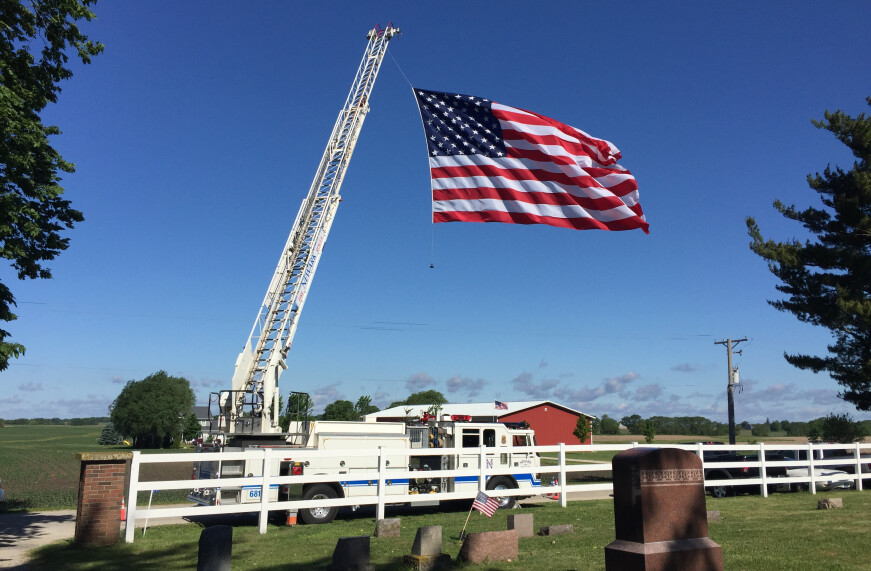Worshippers Need Revelation
Our philosophy of worship assumes that the true and living God has revealed himself; therefore, we can know what he is like and what he has done. We have been given four major revelations of this God. First, the true, living God is the Creator. We can know his eternal power and divine nature from what he has made (Romans 1:20). He created everything from nothing: the universe, the earth, the seas, the wind, all living creatures, including humanity, whom he made in his image. Second, the true, living God revealed himself in the Exodus of the Israelites from Egypt. In this redemptive act, God demonstrated his sovereignty over the nations of the earth, his choice of his people, his willingness to show mercy, his capability to bring justice with severity, and his power to set captives free. He is an awesome God. In the Exodus and subsequent events, this same God revealed his laws and commands, including the need for atonement for sin. He established a priesthood and temple worship in order to show that he himself directs how worshippers may access him. Third and most of all, God revealed himself in the incarnation of the Son of God, Jesus Christ (John 1:18). Jesus’ faithful life by the Spirit of God, his teaching, his death, his resurrection, his ascension, his priesthood, his kingdom, and his promised second coming make up the central activities by which worshippers can know God. Lastly, God himself has inspired his word, the Bible, as the written, authoritative record of his character and miraculous acts, even more numerous than recorded in this brief document. This book, written over the course of 1,400-1,500 years, has endured by God’s providence to inform worshippers in all ages and places how they might worship him. Therefore, worshippers need revelation. To worship apart from what God has made known about himself is to take upon oneself or one’s church too much autonomy and self-sufficiency.

